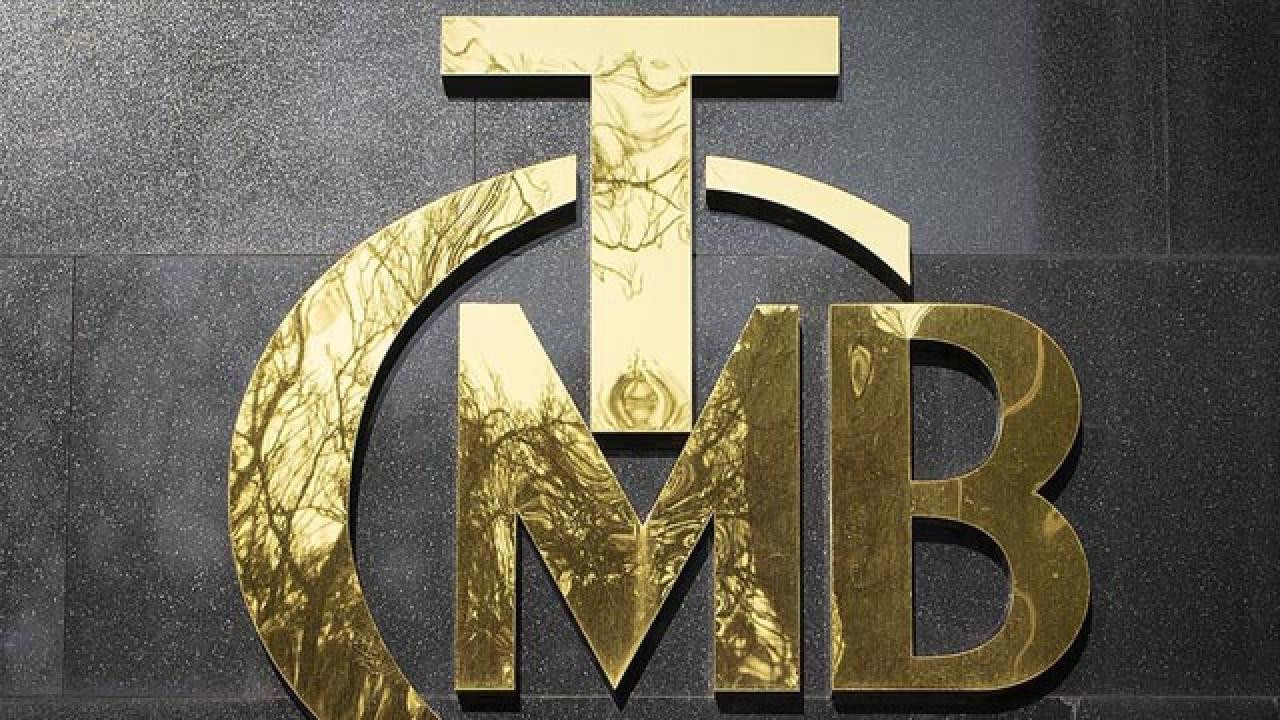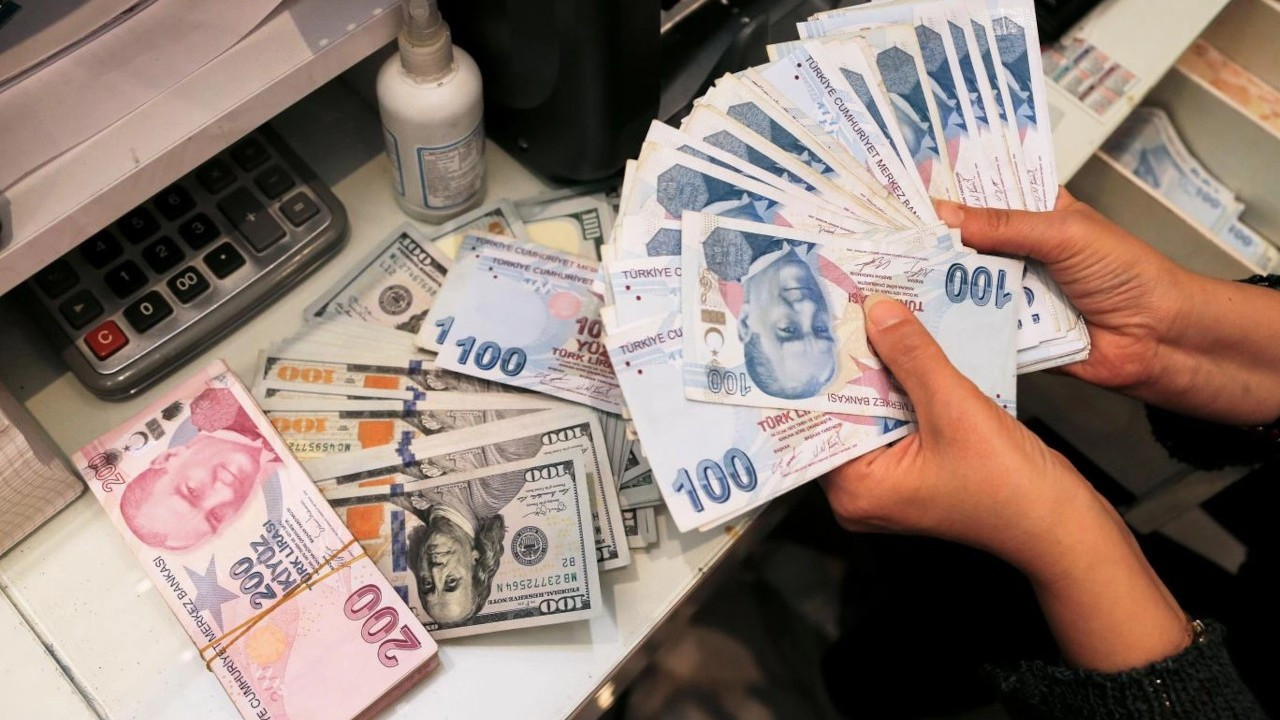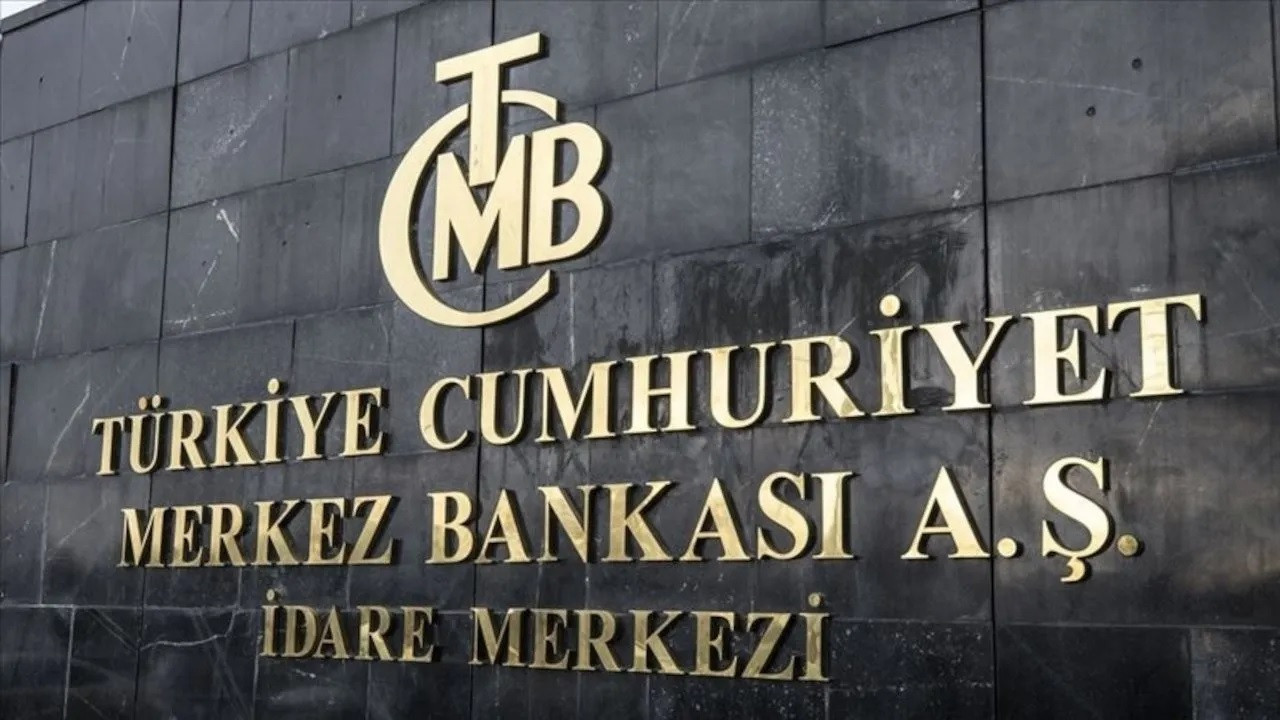Turkish Central Bank raises interest rate from 17.5 to 25 pct
Turkey's central bank took a notably assertive step by increasing its primary interest rate by 750 basis points to reach 25% from 17.5, a move that exceeded expectations and prompted a surge in the lira. The surprise move leaves the policy rate at its highest level since 2019.
Reuters
Turkey's central bank hiked its key interest rate by a larger-than-expected 750 basis points to 25% on Thursday, sparking a rare lira rally and signalling a new determination to address rebounding inflation as part of a broader policy U-turn.
The surprise move leaves the policy rate at its highest level since 2019, and sent the Turkish currency to its strongest level since mid-July. The bank has raised its one-week repo rate by 1,650 basis points since June.
The policy committee - including three members taking part for the first time and seen as having hawkish sway - repeated it would tighten "as much as needed in a timely and gradual manner" to cool inflation, which soared to nearly 48% last month.
Analysts said the move was the clearest step yet toward more orthodox policies after years of unorthodoxy under President Recep Tayyip Erdoğan, and should help rein in inflation expectations.
The lira had touched new all-time lows almost daily in recent weeks, including in the minutes before the policy decision. But it jumped more than 3% versus the dollar afterward and was at 26.41 at 12.05 GMT.
Turkish bank stocks rallied nearly 10%, lifting the broader Istanbul bourse, while the government's dollar-denominated bonds jumped more than 2 cents according to Tradeweb data.
According to a Reuters poll, economists expected a median hike of 250 basis points, from 17.5% previously, with some even having expected a more dovish move given the bank undershot expectations in the last two months.
The poll, conducted last week, showed that interest rates were not expected to rise to 25% until year end.
The rate hike "sends a very strong signal that the (bank) is determined to rein in inflation and the initial market response is very positive," said Piotr Matys, senior FX analyst at In Touch Capital Markets.
However, he said, "at least some investors will be wondering whether the 750bps hike has been approved by President Erdoğan."
After the announcement, Şimşek said, "We are determined! Price stability is our top priority…"
Kararlıyız!
— Mehmet Simsek (@memetsimsek) August 24, 2023
Fiyat istikrarı en büyük önceliğimiz…
TURNAROUND
Erdoğan appointed former Wall Street banker Hafize Gaye Erkan to head the central bank in June after his May re-election, in the face of an economy strained by depleted FX reserves and soaring inflation expectations.
He named three new policy makers - Osman Cevdet Akçay, Fatih Karahan and Hatice Karahan - to the bank in July in another signal that independent economists would more forcefully tackle inflation, which has held well above the official 5% target for years.
Erdoğan's past drive to slash rates sparked a currency crisis in late 2021 and sent inflation above 85% last year. Annual consumer prices are seen rising to around 60% by year end due partly to currency depreciation.
The central bank said that rising oil prices and a deterioration in inflation expectations suggests that inflation will end the year at the upper bound of its forecasts. Still, "disinflation will be established in 2024," it added.
The currency is down about 68% in two years largely due to Erdoğan's previously outspoken opposition to high rates and influence over the central bank. It crashed again this summer as the new economic team in Ankara loosened the state's grip on FX markets and began shedding unorthodox policies and regulations.
The central bank has also selectively tightened credit. At the weekend it began rolling back a costly scheme, adopted to halt the late-2021 currency crash, that protects lira deposits against forex depreciation.

 Reuters poll expects Turkish central bank to hike interest rate to 20 pctEconomy
Reuters poll expects Turkish central bank to hike interest rate to 20 pctEconomy Turkey initiates phasing out costly FX-protected depositsEconomy
Turkey initiates phasing out costly FX-protected depositsEconomy Turkish Central Bank raises policy rate to 17.5 pctEconomy
Turkish Central Bank raises policy rate to 17.5 pctEconomy